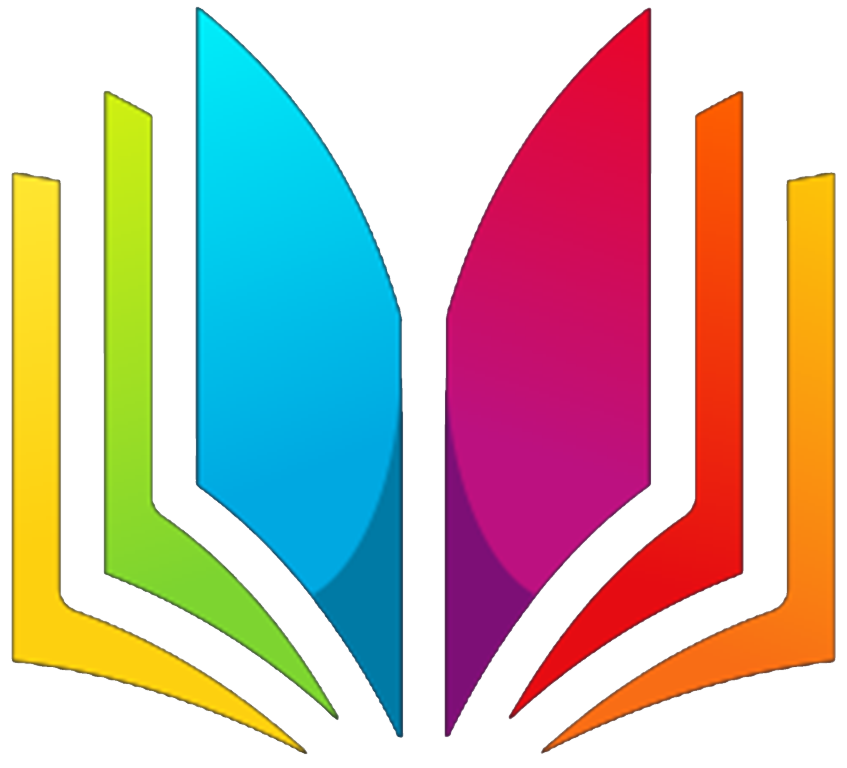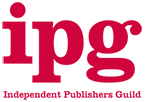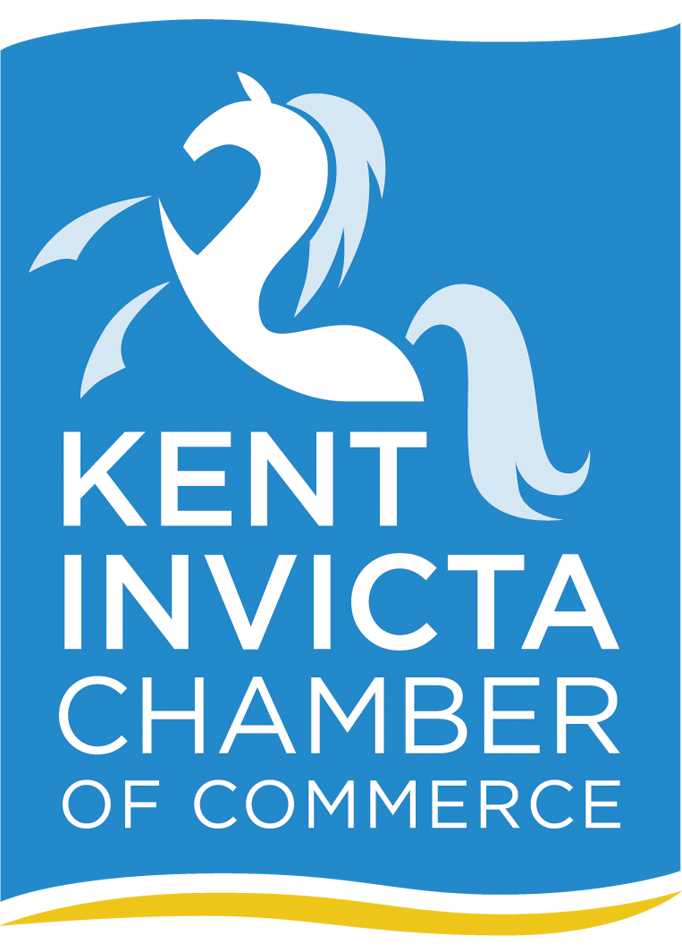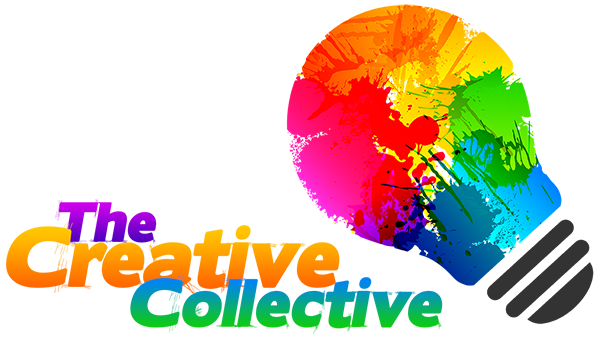Frequently Asked Questions
Frequently Asked Questions (FAQ) about Self-Publishing
General Questions
QUESTION: What is self-publishing?
ANSWER: Self-publishing is the process of publishing a book or other media by the author themselves, without the involvement of a traditional publishing house. Authors take on the responsibilities of editing, designing, and marketing their work.
QUESTION: What are the benefits of self-publishing?
ANSWER: Benefits include creative control, higher royalty rates, faster publication times, and the ability to maintain rights to your work.
QUESTION: What are the challenges of self-publishing?
ANSWER: Challenges include the need for self-promotion, initial out-of-pocket costs, and the responsibility for all aspects of the publishing process, including editing, cover design, and marketing.
Preparation and Writing
QUESTION: How do I start the self-publishing process?
ANSWER: Begin by writing and thoroughly editing your manuscript. You can either self-edit or hire a professional editor. Plan your book’s format and design.
QUESTION: Do I need a professional editor?
ANSWER: While not mandatory, a professional editor can significantly improve the quality of your book. They can provide structural, developmental, and copy editing.
QUESTION: How should I design my book cover?
ANSWER: A professional cover design is crucial for attracting readers. You can hire a designer or use design tools and templates from self-publishing platforms.
QUESTION: How should I design my book text pages?
ANSWER: A professional book designer is crucial for attracting readers. You can hire a designer or use design tools and templates from self-publishing platforms.
Publishing Platforms
QUESTION: What are the best self-publishing platforms?
ANSWER: Popular platforms include Apple Books, Amazon Kindle Direct Publishing (KDP), IngramSpark, Lulu, and Draft2Digital. Each has different services and distribution options.
QUESTION: How much does it cost to self-publish?
ANSWER: Costs vary widely. They can include editing, cover & text design, formatting, ISBN purchase, and marketing. Budgeting a few hundred to several thousand pounds is common, depending on the services you choose.
QUESTION: Do I need an ISBN?
ANSWER: An ISBN (International Standard Book Number) is required for print books to be sold in retail stores and libraries. Some platforms provide free ISBNs, but purchasing your own allows you to retain full control. eBooks do not require an ISBN.
Distribution and Marketing
QUESTION: How do I distribute my book?
ANSWER: Distribution can be done through various platforms. KDP is popular for Amazon and Kindle distribution. IngramSpark and Lulu offer broader distribution to bookstores and libraries.
QUESTION: How do I market my self-published book?
ANSWER: Marketing strategies include building an author website, using social media, email newsletters, book reviews, and leveraging book promotion sites. Paid advertising on Amazon, Facebook, or Google can also be effective.
QUESTION: Should I use a book marketing service?
ANSWER: Book marketing services can be helpful but costly. Evaluate their offerings and reviews carefully. Often, a combination of personal effort and selective professional help works best.
Financial Aspects
QUESTION: How much can I earn from self-publishing?
ANSWER: Earnings vary widely based on sales volume, pricing, and royalty rates. Self-published authors typically earn higher royalties per book sold compared to traditional publishing.
QUESTION: What are royalties, and how do they work?
ANSWER: Royalties are the percentage of sales revenue that the author earns. Self-publishing platforms have different royalty structures, often ranging from 35% to 70% for eBooks.
QUESTION: How do I price my book?
ANSWER: Pricing depends on factors like book length, genre, and market competition. Research similar books in your genre to find a competitive price point. eBooks are typically priced between £2.99 and £9.99, while print books vary more widely.
Legal and Rights
QUESTION: Do I retain the rights to my book?
ANSWER: Yes, with self-publishing, you retain all the rights to your work. This includes the ability to control all aspects of publishing and distribution.
QUESTION: What are the legal considerations in self-publishing?
ANSWER: Ensure you have the rights to all content, including text, images, and any third-party material. Consider copyright registration for added protection.
QUESTION: Can I switch from self-publishing to traditional publishing?
ANSWER: Yes, if your self-published book gains significant success, traditional publishers may show interest. However, the terms of any existing self-publishing agreements should be reviewed. Tread carefully to ensure that you get the deal that is right for you.






